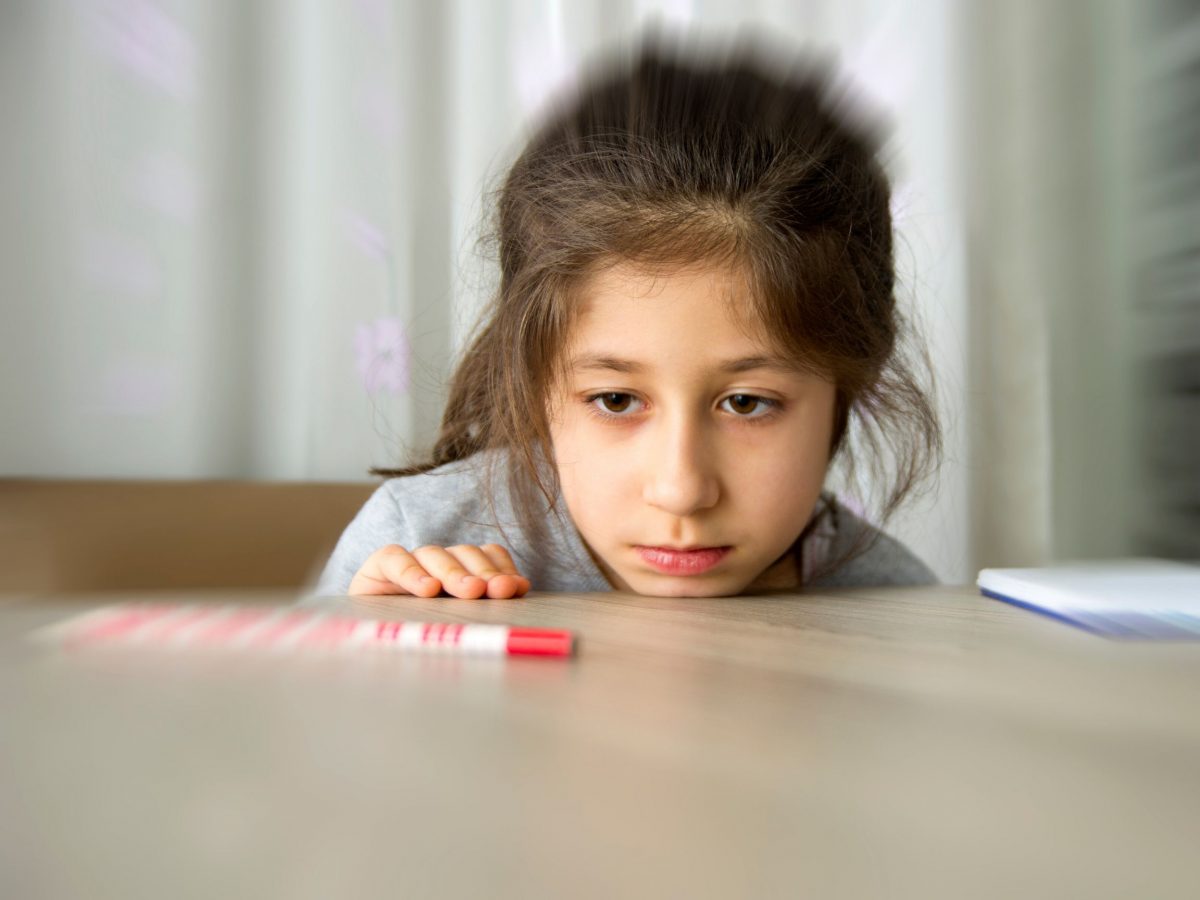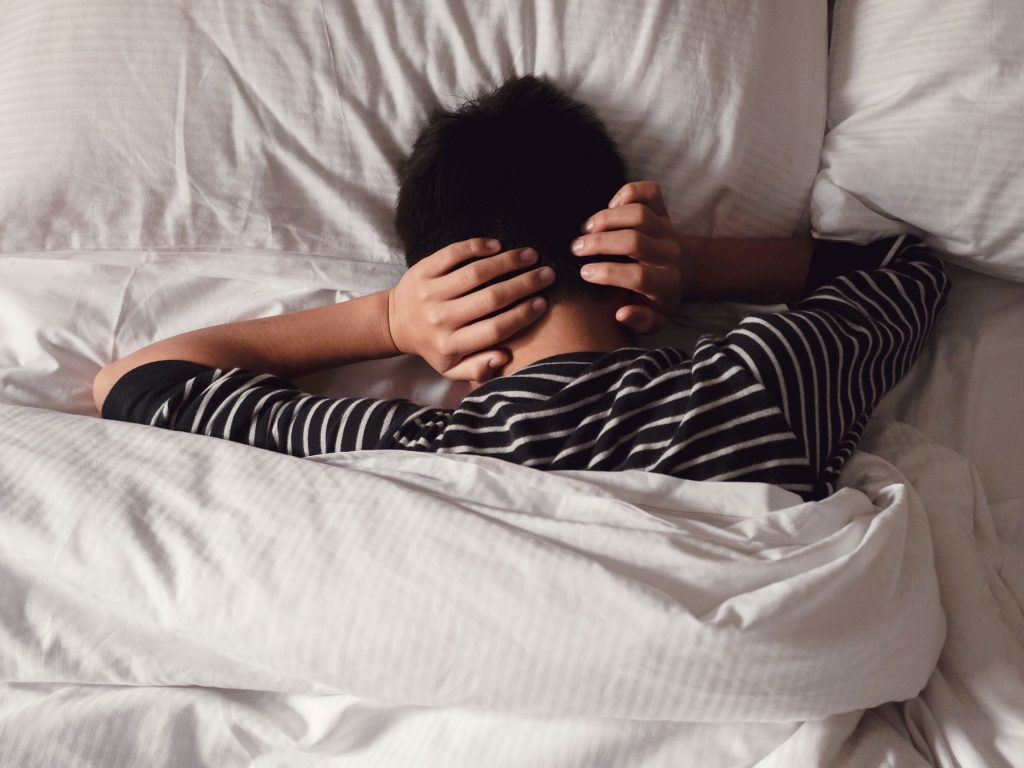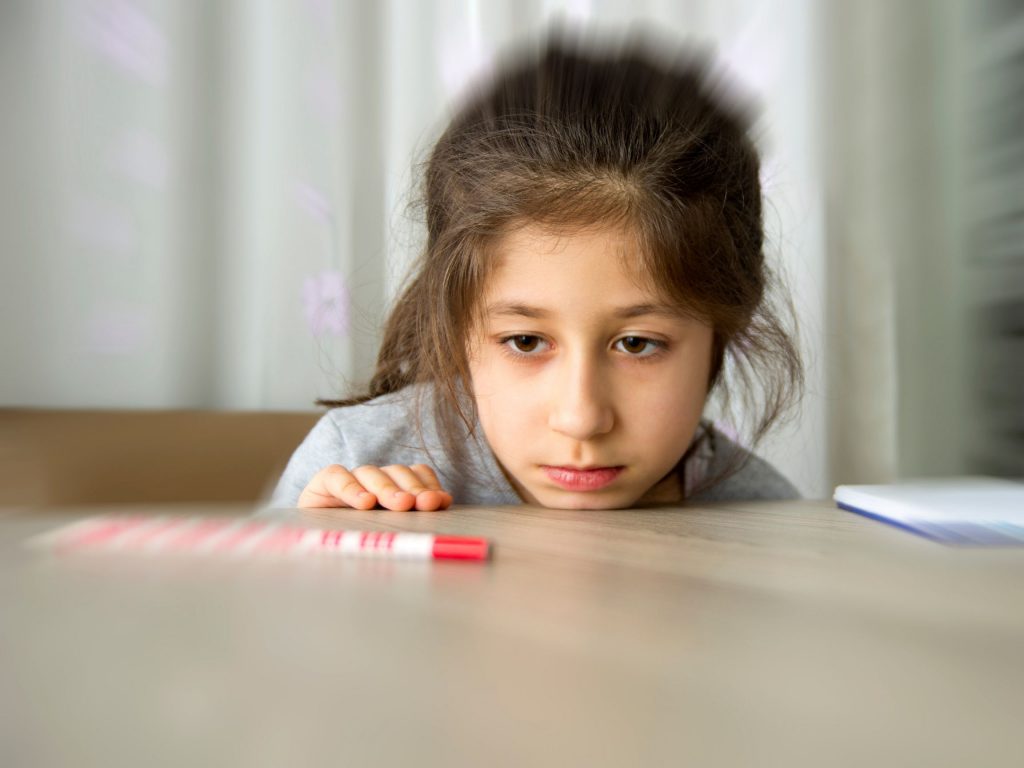When toddlers are slower to develop communication, emotional, physical, and social skills than expected, it is called developmental delay. Developmental delay can turn up in the way children shift, behave, think, communicate and learn with others. When more than one of these areas is affected, it may be called a global developmental delay.
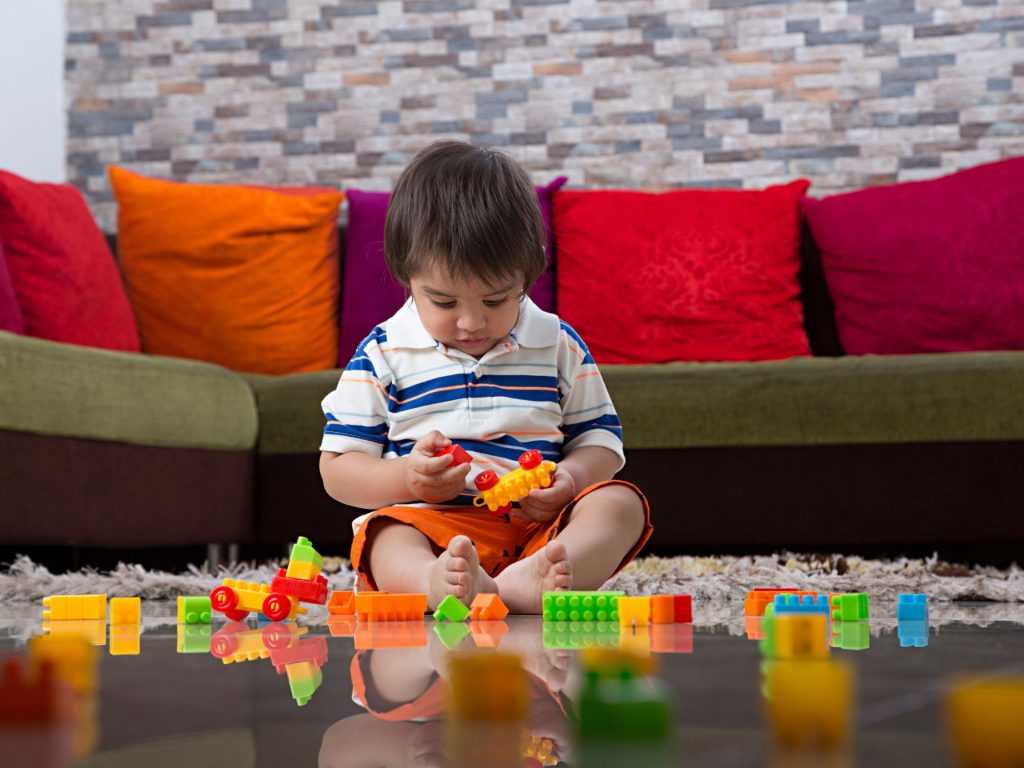
Developmental delay may be short term, or it may be the first sign of a long-term issue.
Lasting developmental delays are also known as developmental disabilities. Instances are intellectual disability, learning disabilities, autism spectrum disorder, and cerebral palsy.
Signs that indicate that your toddler’s development has been delayed

Every toddler develops differently but as a general guide, you might be worried about the developmental delay if you notice that, over several months, your child is not developing language, social or motor skills at the same rate as other kids of the same age.
Things to do for delayed development in your toddler
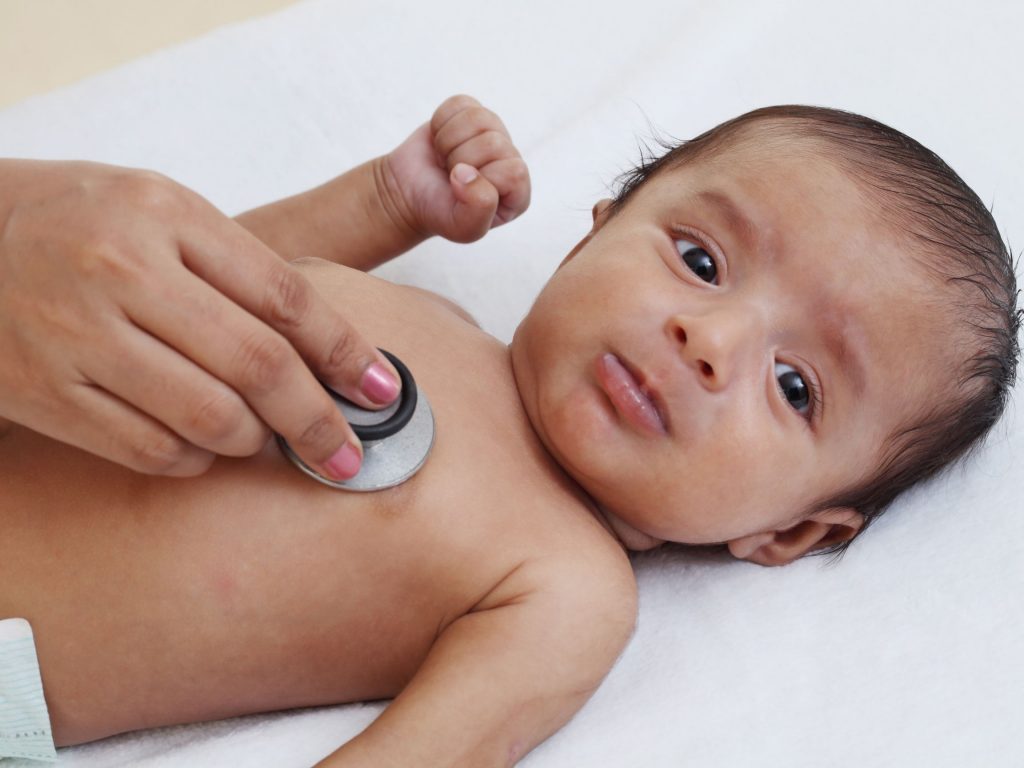
As a parent, you know your toddler better than anyone else. If you are worried about your child’s development, rely on your instincts and talk to your paediatrician, and nurse.
These health professionals can make a diagnosis of developmental delay after evaluating your child. Or they can refer you to other professionals who can assist.

People who can assist a toddler with developmental delay
Your paediatrician and nurse can assist if you think your kid might have developmental delay, or your kid has a developmental delay diagnosis. The below-mentioned experts can also assist:
- Audiologist
- Occupational therapist
- Physiotherapist
- Speech pathologist
- Psychologist
- Special education teacher
- Social worker

Living with developmental delay
Like other toddlers, kids with developmental delays keep learning. But they take longer to develop new skills, and they may learn in somewhat different ways from other kids. For instance, most kids can learn skills fast and by instance. But kids with developmental delay may need to be shown skills in simpler, smaller steps. They may also require more time and chances to practise skills.

At preschool or school, your kid may need additional support to do well. It is always a good idea to talk with preschools and schools about your child’s requirements. And if your child has a disability diagnosis, you may be able to get school support.
Do not worry about delayed development
Keep in mind that children develop at different rates. But, if you think your child is developmentally delayed, consult with your doctor. If your school-age child is diagnosed with developmental delay, you may be entitled to special services. Specialized services differ as per the need and location.

Consult with your physician and your school district to discover what services are present. Specialized education, particularly when started early, can assist your child’s progress and achieve more in school.
Treatments for developmental delays differ as per the specific delay. Some treatments comprise physical therapy for assistance in motor skill delay and behavioural and educational therapy for help with ASD and other delays.
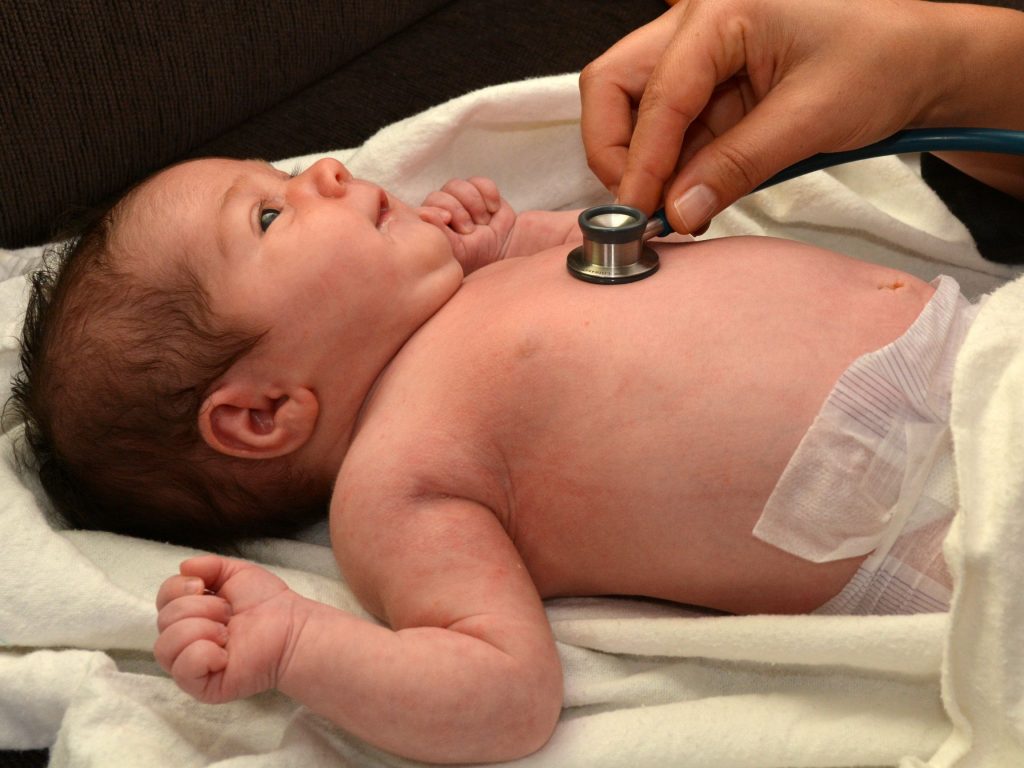
In a few cases, medications may be recommended. A diagnosis and an evaluation from a paediatrician are vital to come up with a treatment plan particularly designed for your kid.

